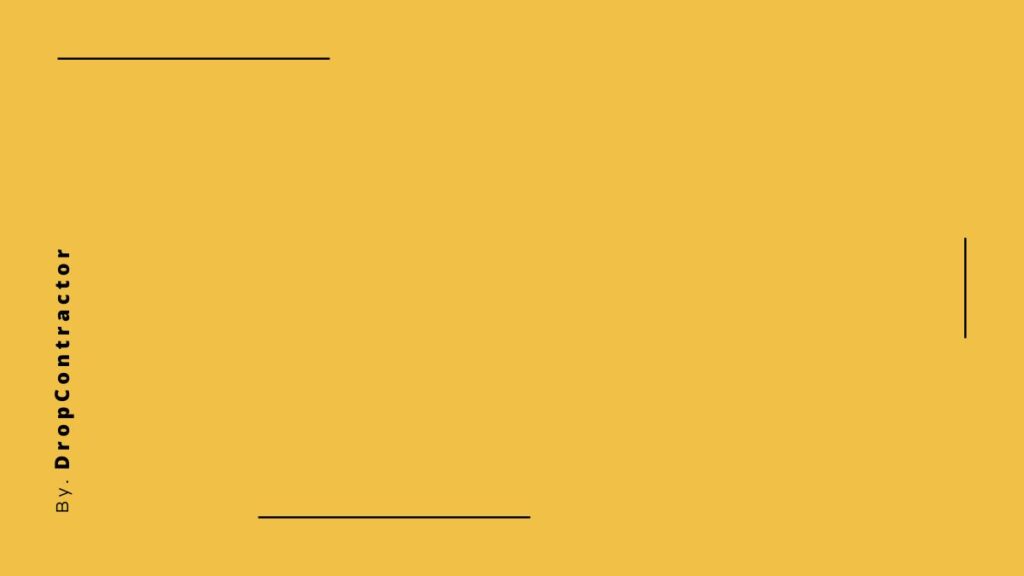Course Recap
Congratulations on completing the course! Let’s recap the key points from each module:
Module 1: Understanding Personal Branding
- Definition: Personal branding is about creating a unique identity that differentiates you from others.
- Benefits: A strong personal brand builds trust, attracts opportunities, and differentiates you from the competition.
Module 2: Building Your Personal Brand
- Unique Value Proposition (UVP): Identifying what makes you unique.
- Personal Brand Statement: Crafting a statement that clearly defines who you are, what you do, and why it matters.
- Visual Identity: Creating a consistent visual brand with colors, logos, and typography.
Module 3: Strategies for Personal Branding
- Goals and Audience: Setting clear goals and understanding your target audience.
- Content Creation: Crafting engaging and valuable content.
- Storytelling: Using personal stories to create emotional connections.
- Visual Branding: Maintaining a consistent visual identity.
Module 4: Channels for Personal Branding
- Social Media: Leveraging platforms like LinkedIn, Twitter, Instagram, and Facebook.
- Personal Website and Blog: Creating a professional digital home base.
- Networking and Public Speaking: Building relationships and establishing authority.
Module 5: Making Your Personal Brand Relatable
- Authenticity: Being true to yourself and your values.
- Engagement: Building relationships and community.
- Consistency: Maintaining a regular and reliable presence.
- Empathy: Understanding and addressing your audience’s needs.
Frequently Asked Questions
How long does it take to build a strong personal brand?
Building a strong personal brand is an ongoing process that requires time, consistency, and effort. It can take months to years to establish a solid reputation and trust within your industry. The key is to remain persistent and authentic.
Can I build a personal brand if I’m an introvert?
Absolutely! Personal branding isn’t about being extroverted; it’s about being authentic and true to yourself. Many successful personal brands are built by introverts who leverage their strengths and connect with their audience in meaningful ways.
How do I handle negative feedback or criticism?
Negative feedback is a part of any public presence. Handle it professionally by addressing the concerns, learning from the feedback, and maintaining your composure. Use criticism as an opportunity to improve and show your audience that you value their input.
What if I’m not comfortable sharing personal stories?
Sharing personal stories can be powerful, but it’s important to set boundaries. Share only what you’re comfortable with and focus on stories that are relevant and add value to your audience. You can still build a strong brand by sharing insights, expertise, and professional experiences.
How often should I update my content?
Consistency is key, but the frequency depends on your capacity and platform. For blogs, aim for at least one post per week. For social media, daily or several times a week can help maintain engagement. The quality of your content is more important than the quantity.
Additional Resources
To continue learning and refining your personal brand, here are some valuable resources:
Books
- “Crush It!” by Gary Vaynerchuk
- “Building a StoryBrand” by Donald Miller
- “The Brand Gap” by Marty Neumeier
Websites and Blogs
- HubSpot Blog (hubspot.com)
- Neil Patel’s Blog (neilpatel.com)
- Buffer Blog (buffer.com)
Tools
- Canva (for creating visual content)
- Hootsuite (for social media management)
- Google Analytics (for tracking website traffic)
Thank You!
Thank you for joining me on this journey to building a powerful personal brand. I hope you found this course valuable and that it provides you with the knowledge and tools to succeed. Remember, your personal brand is a reflection of who you are – embrace your uniqueness, stay authentic, and keep growing. Best of luck in your personal branding journey! if you need help, please don’t hesitate to reach out to me or check my services in my services page.
Don’t Forget to take the Quiz to test your knowledge.


